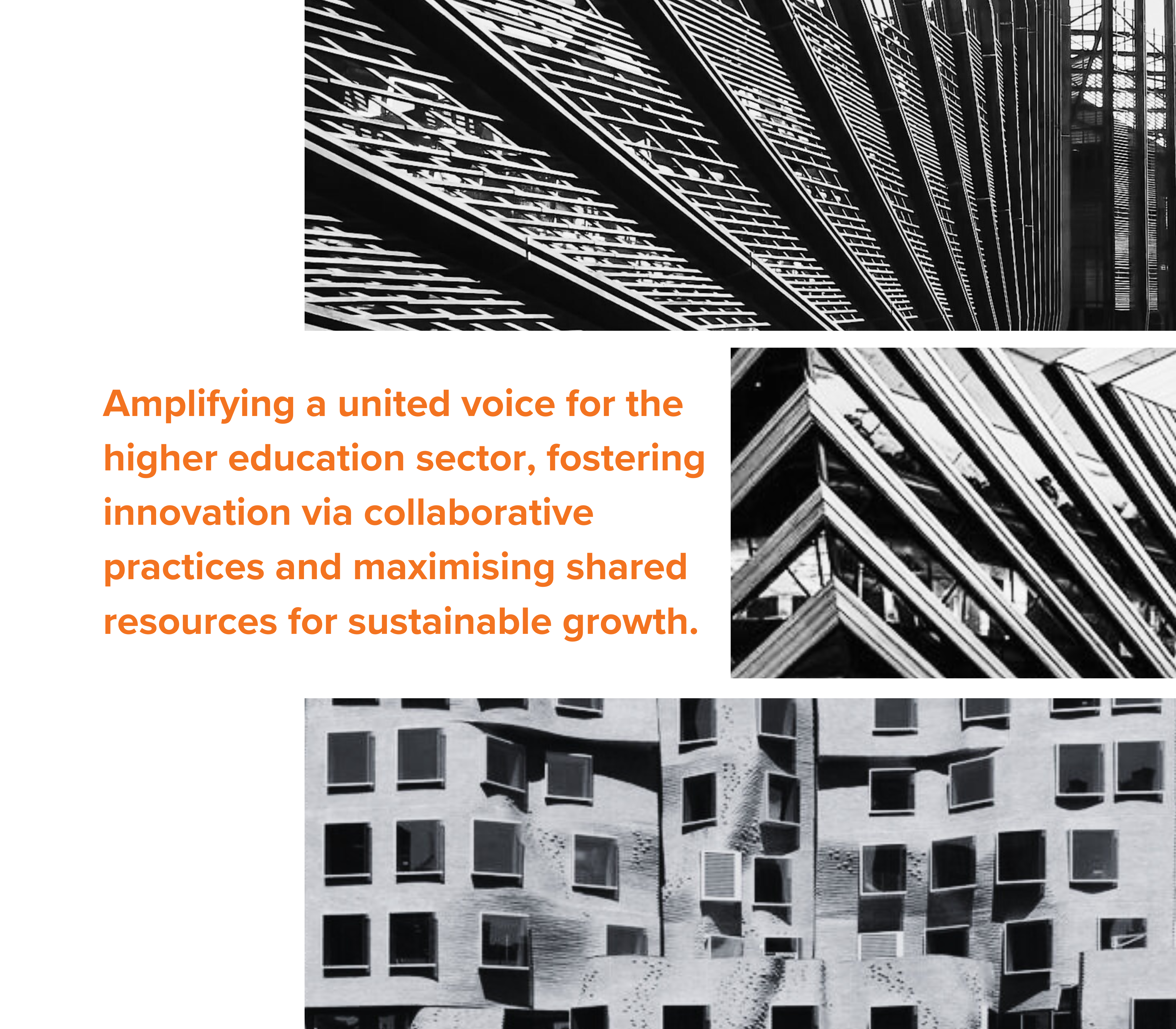The Payroll Leadership Institute of Australia (PLIA) has voiced support for industry-wide reform to simplify Australia’s workplace pay frameworks, following renewed attention on payroll errors across the university sector.
The Australian Higher Education Industrial Association (AHEIA) recently urged the Federal Government to modernise awards and enterprise agreements, describing the “sheer complexity” of the sector’s instruments as a major contributor to compliance issues.

“Universities don’t want to see anyone underpaid. But when agreements run to hundreds of pages, layered over antiquated awards and inconsistent legislation, it’s little wonder errors occur,” said Craig Laughton, Executive Director of AHEIA. “These mistakes, whether underpayments or overpayments, are a symptom of a broken system.”
According to AHEIA modelling, underpayment cases between 2019 and 2023 represented just 0.2% of total payroll costs across the higher education sector - but the association warns that even small errors highlight deeper structural problems that governance frameworks alone cannot fix.
Payroll compliance issues are not unique to higher education. Similar challenges have been reported in industries such as healthcare, retail, and local government, where layered enterprise agreements and outdated industrial frameworks make accurate interpretation difficult. PLIA notes that many organisations are investing heavily in governance systems, audits, and technology to keep pace with constantly changing requirements, but these efforts often treat the symptoms rather than the cause.
PLIA says the challenges facing universities mirror those encountered by payroll teams across many sectors.
“Payroll professionals are operating within systems that have become too complex to interpret consistently. The solution isn’t more oversight - it’s clarity,” said a PLIA spokesperson. “When pay rules are simplified and professionals are supported through education, the likelihood of error drops dramatically.”
The Institute recently published an article, Attendance as the Silent Cost Controller, which explores how time-tracking and compliance accuracy directly affect cost control and wage integrity.
PLIA’s ongoing education initiatives aim to close the knowledge gap between legislation and practice. Through webinars, professional forums, and shared case studies, the Institute helps payroll practitioners and business leaders interpret complex pay instruments with confidence. These programs are part of PLIA’s broader mission to professionalise the payroll field, positioning it as a cornerstone of organisational integrity rather than a back-office function.
Both AHEIA and PLIA have called for collaborative reform involving government, sector unions, and regulators to modernise Australia’s workplace instruments.
As AHEIA’s Laughton noted, “Governance and reporting frameworks cannot fix archaic rules that even judges find difficult to interpret. The only real solution is to modernise awards and simplify enterprise agreements, so they become wage integrity enablers rather than inhibitors.”
In reflecting on the AHEIA’s comments about system complexity, PLIA noted that many payroll professionals experience a similar turning point when they realise how deeply structural issues, not individual errors, drive wage compliance challenges. One recent PLIA feature on the personal realisations that shape payroll careers explored how these insights often spark a lifelong commitment to better systems and standards.
PLIA emphasises that meaningful reform will require cooperation between government, regulators, unions, and employers. The Institute advocates for open dialogue that includes the voices of payroll professionals—those directly responsible for implementing complex pay rules and ensuring employees are paid correctly every time.
PLIA supports a national conversation on simplifying pay rules, improving compliance education, and strengthening the professional recognition of payroll leaders.
About the Payroll Leadership Institute of Australia (PLIA)
The Payroll Leadership Institute of Australia empowers payroll professionals with education, advocacy, and community. By fostering collaboration between industry, government, and practitioners, PLIA works to build stronger standards, better compliance, and a future where payroll leadership is valued.
###
For more information about Payroll Leadership Institute of Australia, contact the company here:
Payroll Leadership Institute of Australia
PLIA
info@plia.au
Brisbane, QLD, Australia




